Dishonourable members
Members of Parliament are traditionally all referred to in the chamber as the Honourable Member for (name_of_constituency).
However, whether their behaviour is indeed honourable is questionable at times. When assuming office, all members of the House of Commons take an oath, but that oath is only to bow and scrape before the monarch of day and any heirs who might take over within the member’s term of office.
There’s not a mention of such notions as honesty and integrity anywhere in the oath’s two short sentences.
It’s left to the Code of Conduct for MPs to deal with honesty. This states that “Holders of public office should be truthful“.
As regards integrity, the Code states the following:
Holders of public office must avoid placing themselves under any obligation to people or organisations that might try inappropriately to influence them in their work. They should not act or take decisions in order to gain financial or other material benefits for themselves, their family, or their friends. They must declare and resolve any interests and relationships.
However, it seems that some of the House’s members have been less than honest and shown no integrity when it comes to claiming their parliamentary expenses.
Today the BBC reports that four dishonourable members – one SNP MP and three Conservatives – have been asked to repay motoring fines which they had included in their expenses claims.
|
|
|
|
|
|
The most egregious of these were the claims by the Dishonourable Member for North Dorset, one Simon James Hoare, who claimed four times for £80 fines issued in November 2019. When not indulging in expenses fiddling, Tory Simon fills his time in parliament chairing the Northern Ireland Affairs Select Committee.
The most prominent of the fines fiddlers revealed today was another Conservative, junior minister Amanda Solloway, currently attempting to be Parliamentary Under-Secretary of State for Energy Consumers and Affordability, who claimed an £80 fixed penalty notice issued by Transport for London in 2020. When it comes to current ministers in trouble for motoring fines, before the details of Home Secretary Suella Braverman’s speeding fine emerged, she asked in her early days as a dishonourable member whether MPs could claim speeding fines on their expenses. This was naturally answered in the negative.
Any reasonable person would have thought that members of parliament might have cleaned up their act after the parliamentary expenses scandal of 2009, but it seems some present members are ignorant thereof, don’t think the rules apply to them.
When it comes to being honourable, your ‘umble scribe cannot help but think of Mark Antony’s funeral oration in Act III, scene II of William Shakespeare’s Julius Caesar. Throughout the speech Antony repeatedly refers to Caesar’s assassins as honourable.
So are they all, all honourable members.

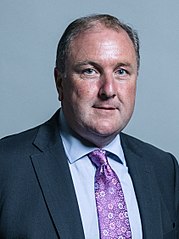
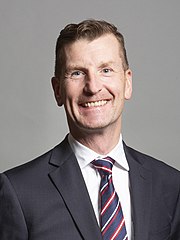
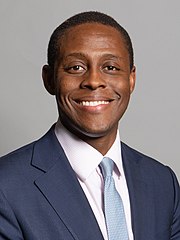


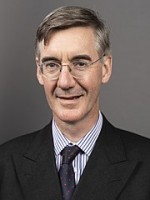 Jacob Rees-Mogg, whom the voters of
Jacob Rees-Mogg, whom the voters of 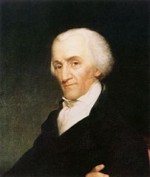 As regards gerrymander itself, it has an interesting etymology. It’s a
As regards gerrymander itself, it has an interesting etymology. It’s a 
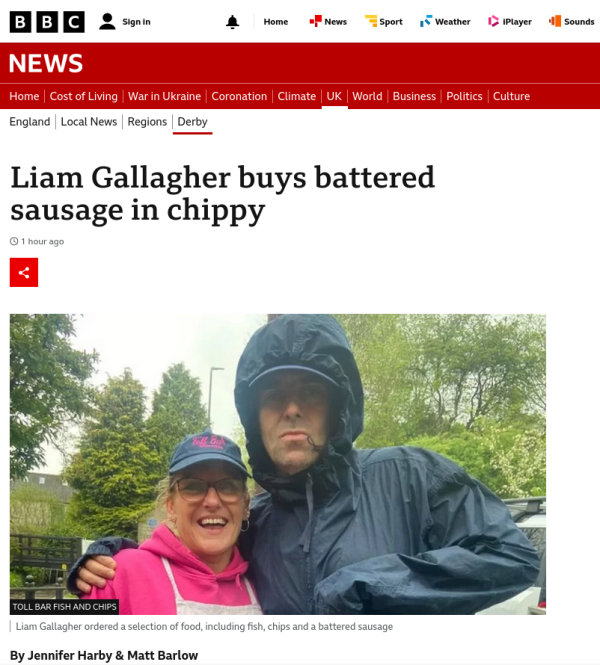
 Today the
Today the 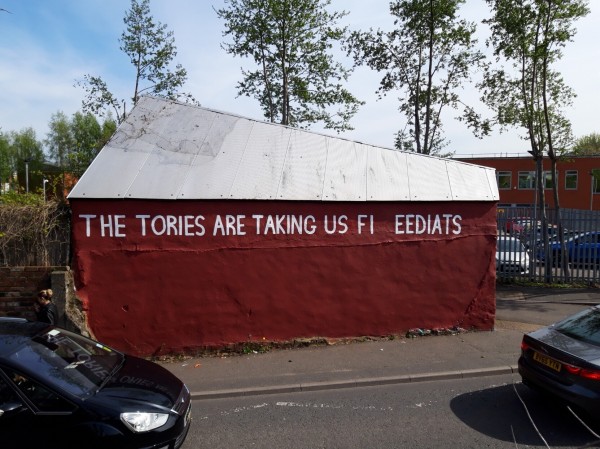
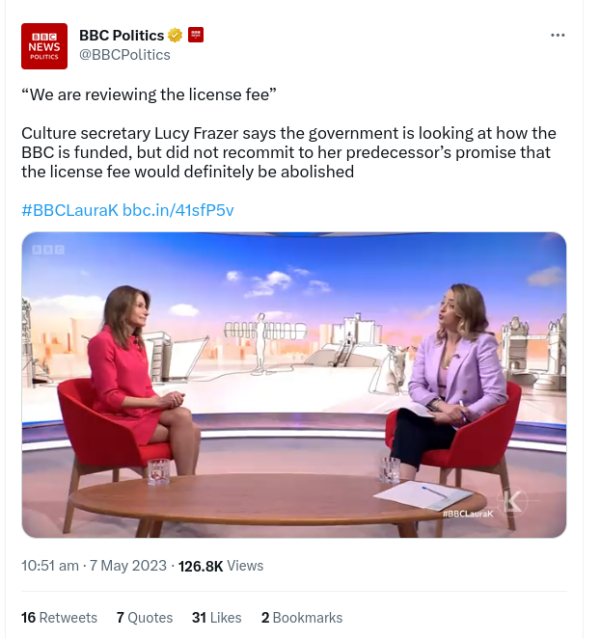
 In 1647 during the English Civil War a series of discussions – the Putney Debates – was held in
In 1647 during the English Civil War a series of discussions – the Putney Debates – was held in